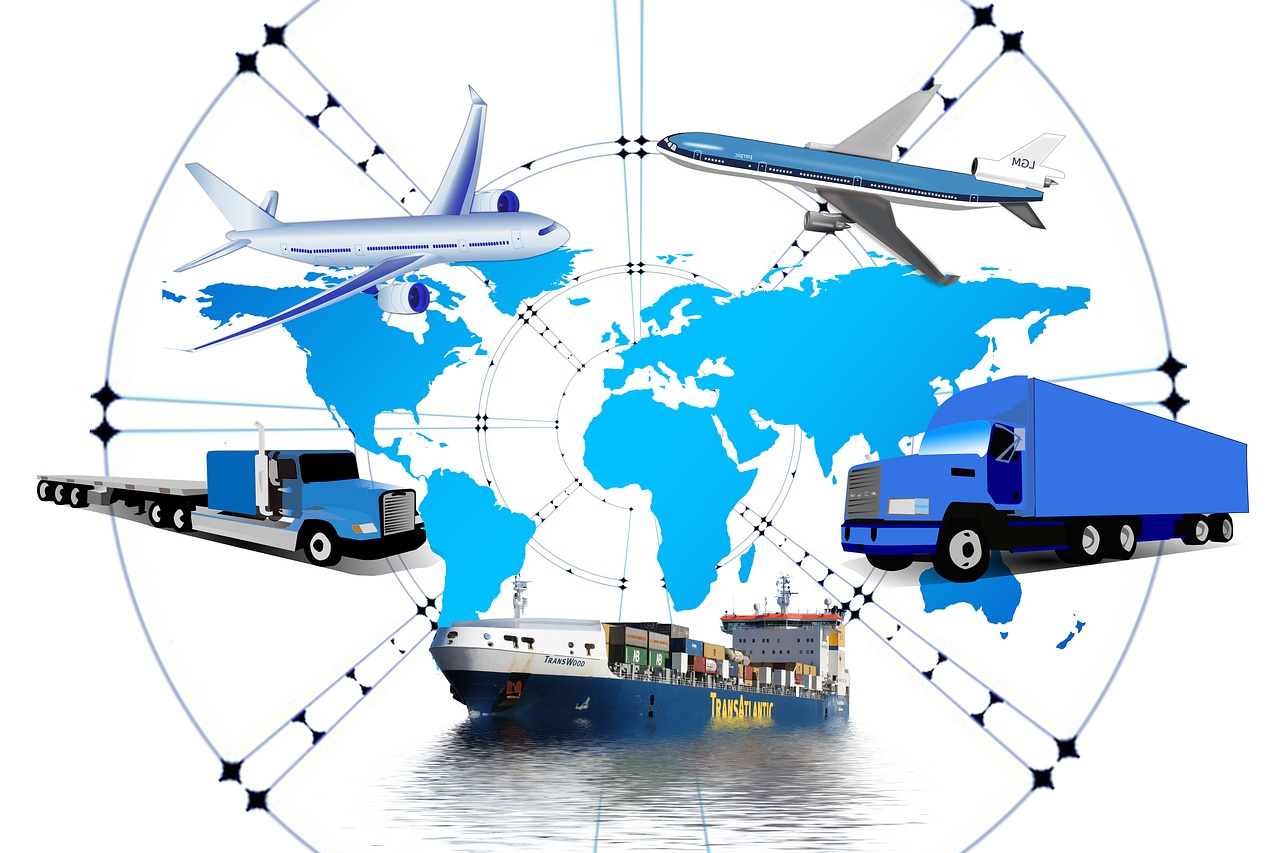In a world characterized by rapid technological advancements and evolving consumer demands, the logistics and freight management industry stands at the brink of a transformative revolution. The traditional methods of moving goods from point to point b are being redefined by a wave of innovations that promise greater efficiency, transparency, and sustainability. From automated systems to data-driven insights, these innovations are collectively shaping the future of freight management, ushering in a new era of logistics services. One of the most significant trends in this redefinition is the integration of automation and robotics into various stages of the logistics process. Autonomous vehicles, including drones and self-driving trucks, are no longer confined to the realm of science fiction. They are gradually becoming a reality, offering the potential to streamline last-mile deliveries, reduce human errors, and optimize routes for maximum efficiency. This not only expedites the delivery process but also minimizes the carbon footprint by optimizing fuel consumption and reducing traffic congestion.

Additionally, the concept of the smart warehouse is gaining traction. Robotic systems can efficiently sort, pack, and label items, reducing the need for extensive human labor. The algorithms predict demand patterns, allowing for better inventory management and reduced wastage. Deliveree Ekspedisi Jakarta can offer faster, error-free deliveries while minimizing costs. By embedding sensors in cargo, containers, and vehicles, logistics companies can track the real-time location, condition, and temperature of goods. This level of visibility enhances supply chain transparency and enables swift responses to disruptions. For instance, if a shipment containing perishable goods deviates from its optimal temperature range, it can trigger alerts, allowing corrective actions to be taken before the goods are compromised. Data analytics is yet another cornerstone of this redefined landscape. The vast amounts of data generated throughout the supply chain can be harnessed to derive valuable insights. Predictive analytics can anticipate demand fluctuations, enabling companies to adjust their operations accordingly.
Route optimization algorithms consider factors such as traffic, weather, and road conditions to determine the most efficient routes. Moreover, data-driven decision-making enhances risk management by identifying vulnerabilities and suggesting mitigation strategies. Sustainability is a driving force behind many of these innovations. The freight industry’s environmental impact is undeniable, but innovations are seeking to mitigate it. Electric and hybrid vehicles are being integrated into fleets, reducing emissions and noise pollution. Furthermore, the concept of green logistics emphasizes minimizing wastage, adopting eco-friendly packaging, and optimizing routes to reduce carbon emissions. By aligning logistics practices with sustainability goals, companies can cater to an increasingly conscious consumer base while contributing to a greener planet. The landscape of logistics services is being redefined by a host of innovations that collectively promise to revolutionize the industry. These innovations enhance efficiency, transparency, and environmental responsibility across the supply chain. As technology continues to advance and new ideas emerge, logistics companies that embrace these changes will undoubtedly gain a competitive edge in the dynamic and evolving world of freight management.